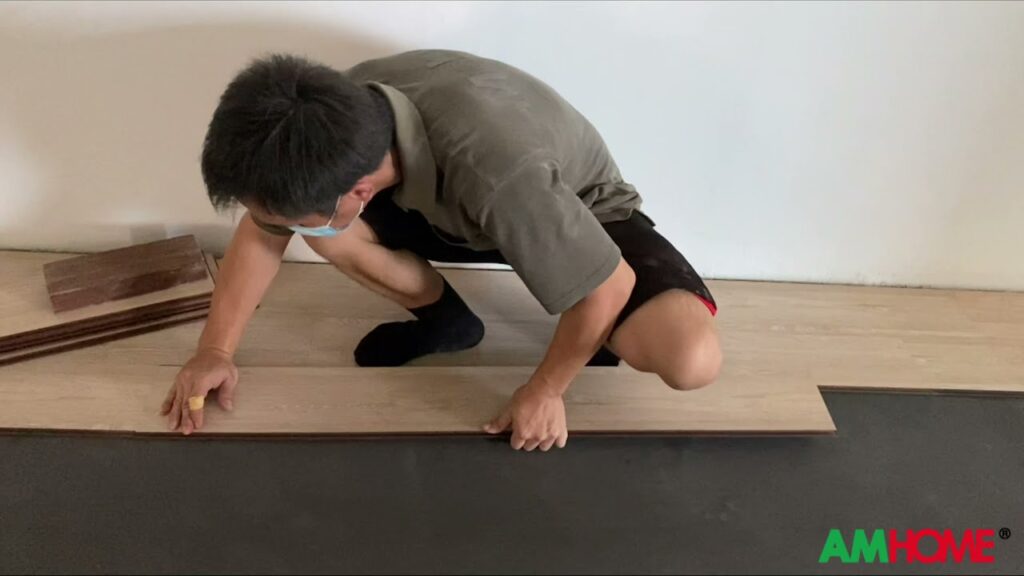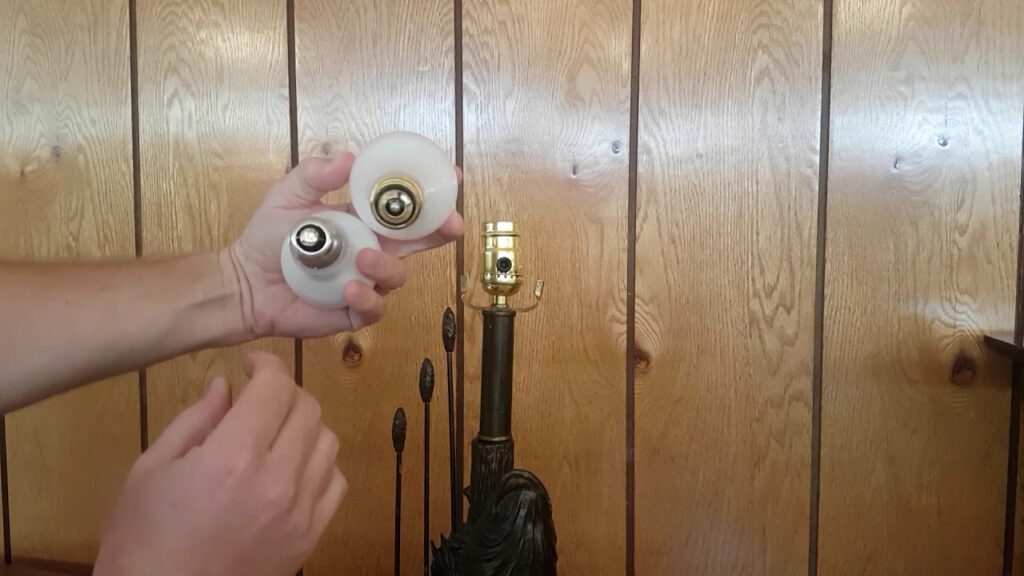Professional Installation Costs for Solid Hardwood Flooring
When considering solid hardwood flooring, it’s essential to account for professional installation costs to ensure a seamless and durable finish. The costs associated with professional installation for solid hardwood flooring can vary depending on several factors such as the size and layout of the space, type of wood being installed, and any additional preparations needed for the subfloor.
One of the primary considerations for installation costs is the complexity of the project. Intricate patterns, unconventional room shapes, or intricate detailing can require additional time and labor, impacting the overall installation cost. Additionally, the type of solid hardwood, such as oak, maple, or cherry, can affect the installation cost due to variations in hardness and installation methods.
Moreover, proper installation of solid hardwood flooring often involves additional expenses such as subfloor preparation, moisture barriers, and trim work. These factors contribute to the overall professional installation costs and ensure a long-lasting and aesthetically pleasing result. It’s important to consult with experienced flooring professionals to obtain accurate quotes and understand the full scope of the installation process.
In summary, professional installation costs for solid hardwood flooring should be factored into the overall budget for a flooring project. By considering the size and complexity of the space, type of wood, and additional preparations required, homeowners can gain a clearer understanding of the investment needed for achieving beautifully installed solid hardwood flooring.
DIY Solid Hardwood Flooring Installation: Costs and Considerations
When considering installing solid hardwood flooring as a DIY project, it’s important to evaluate the costs and considerations involved. The cost of materials and tools required for installation can vary based on the type and quality of hardwood selected. In addition to the hardwood itself, other expenses to factor in include underlayment, adhesives, and finishing products. It’s crucial to create a detailed budget to account for all these expenses and avoid any unforeseen costs during the installation process.
One of the key considerations when undertaking a DIY hardwood flooring installation is the level of expertise and experience required. Proper preparation of the subfloor, accurate measurement, and precise cutting are essential for a successful installation. DIY enthusiasts should be prepared for the physical demands of the installation process, including lifting and maneuvering heavy materials. Additionally, understanding the tools and techniques necessary for a professional-looking finish is crucial for achieving the desired result.
Furthermore, DIY installers should be mindful of potential challenges that may arise during the project. Addressing issues such as moisture levels, room transitions, and acclimation of the hardwood to the environment is essential for a durable and long-lasting floor. It’s important to consider the time investment required for the installation process, as well as the impact on the overall timeline of the project.
In conclusion, while DIY solid hardwood flooring installation can be a rewarding and cost-effective option, it’s important for individuals to carefully assess the costs and considerations involved. Thorough planning, adequate skill level, and a realistic assessment of the potential challenges are essential for a successful DIY installation project.
Factors Influencing Solid Hardwood Flooring Installation Costs
When considering the installation of solid hardwood flooring, it’s important to understand the various factors that affect the overall cost. One major factor is the type of hardwood being used. Exotic hardwoods such as Brazilian cherry or teak tend to be more expensive than domestic varieties like oak or maple. The grade and quality of the hardwood also play a significant role in determining the cost of installation.
The size and layout of the area to be floored is another crucial factor affecting installation costs. A larger space will naturally require more materials and labor, impacting the overall expense. Additionally, complex layouts or irregularly shaped rooms may require more intricate cuts and installation techniques, contributing to higher costs.
The condition of the subfloor is a critical consideration when estimating hardwood flooring installation costs. Any necessary repairs or leveling of the subfloor can add to the overall expense. Moreover, if the subfloor requires moisture barriers or soundproofing, these additional materials and labor will impact the final cost.
Another significant factor is the installation method chosen. Nail-down installations typically require more labor and time compared to floating or glue-down methods, which can influence the overall installation costs. It’s essential to factor in these various elements when budgeting for solid hardwood flooring installation.
Comparing Quality and Longevity: Professional vs. DIY Installation
When it comes to choosing between professional and do-it-yourself (DIY) installation for home improvements, the factors of quality and longevity weigh heavily on the decision-making process. Professional installation often provides a level of expertise and precision that can result in a higher-quality outcome. With specialized knowledge and experience, professional installers are equipped to handle complex projects and ensure that the work meets industry standards.
On the other hand, opting for a DIY approach might seem cost-effective at first, but it can potentially lead to issues with quality and longevity. DIY installations may lack the same level of skill and attention to detail as professional work, which can impact the overall durability and performance of the project. It’s essential to consider the long-term implications of choosing DIY over professional installation, as shortcuts or mistakes made during the process can compromise the longevity of the end result.
Regarding quality, professional installation often comes with warranties and guarantees that provide additional peace of mind. These assurances can offer protection against defects or issues that may arise after the installation, ensuring a higher level of quality and customer satisfaction. In contrast, DIY installations typically do not come with the same level of warranty coverage, leaving homeowners solely responsible for any issues that may arise. This disparity in support can significantly influence the overall quality and longevity of the installation.
Tips for Making the Right Choice: Professional vs. DIY Solid Hardwood Flooring Installation
When it comes to installing solid hardwood flooring, the decision of whether to hire a professional or take the do-it-yourself (DIY) route is crucial. Both options have their pros and cons, and it’s important to weigh these factors before making a decision. Here are some essential tips to consider when determining the best approach for your hardwood flooring installation.
Assess Your Skill Level: Before opting for a DIY installation, honestly assess your level of skill and experience with this type of project. Solid hardwood flooring installation requires precision and attention to detail. If you have prior experience with similar projects and are confident in your abilities, DIY may be a viable option. However, if you’re unsure or lack the necessary skills, hiring a professional is likely the best choice to ensure a high-quality result.
Evaluate Time and Resources: Installing solid hardwood flooring is a time-consuming and labor-intensive process. Consider your availability and resources when making the decision. DIY installation may take significantly longer if you have limited time to dedicate to the project. Additionally, factor in the cost of tools, equipment, and materials required for the job. Hiring a professional can save you time and alleviate the burden of securing these resources.
Consider the Complexity of the Project: The complexity of the installation should also influence your decision. If your space has unique layouts, intricate patterns, or specific design requirements, a professional installer’s expertise may be invaluable. Complex installations demand a high level of skill and attention to detail that a professional can provide, ensuring a flawless result that meets your design vision.
Quality and Warranty: Professional installers bring their expertise, specialized tools, and industry knowledge to deliver a high-quality installation. Additionally, many reputable flooring professionals offer warranties on their work, providing peace of mind and protection for your investment. If quality and long-term assurances are essential to you, entrusting the installation to a professional may be the most prudent choice.
Ultimately, the decision between professional and DIY solid hardwood flooring installation depends on your capabilities, resources, and the specific requirements of your project. By carefully considering these tips, you can make an informed choice that aligns with your needs and ensures a successful hardwood flooring installation.


